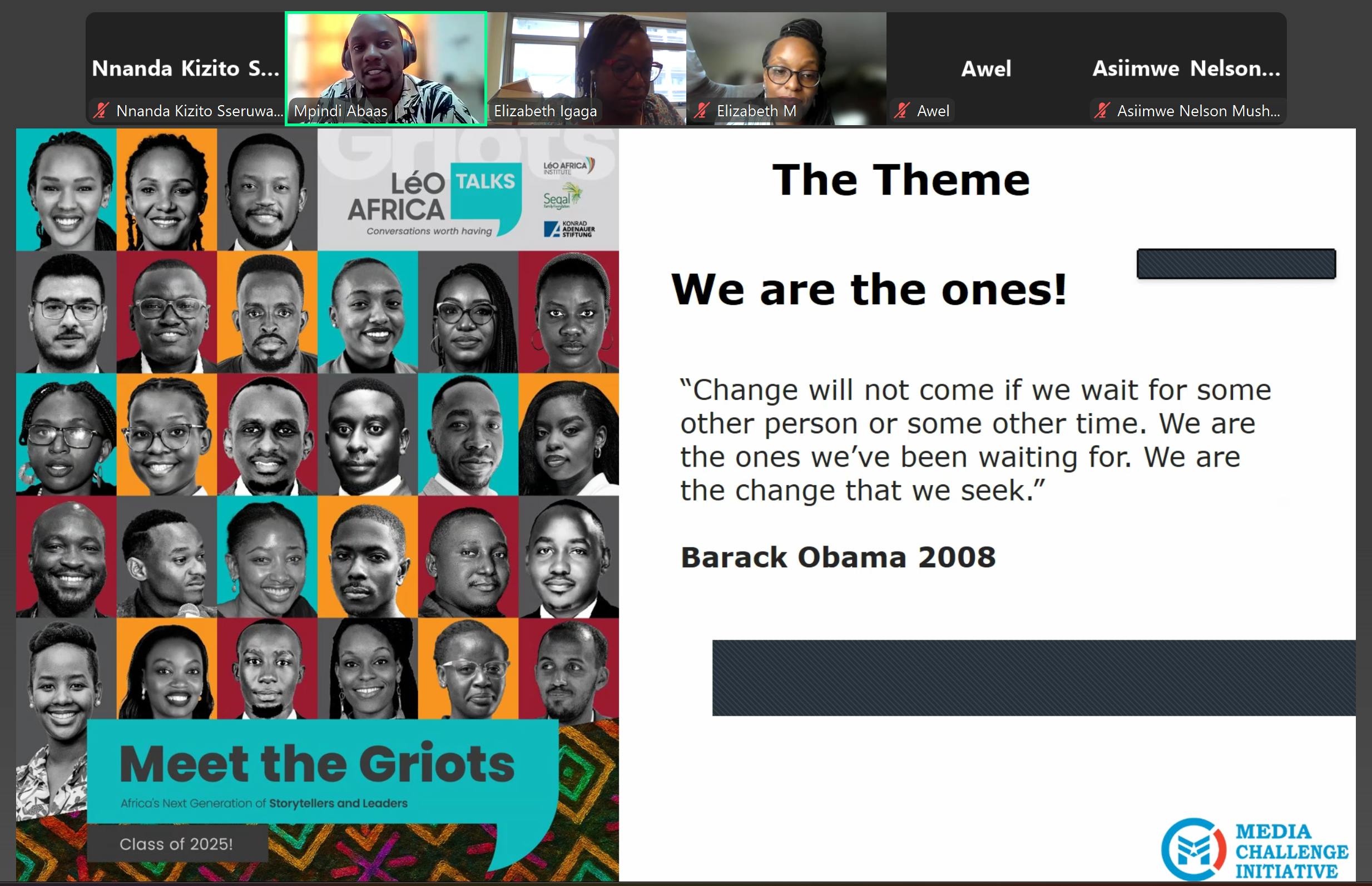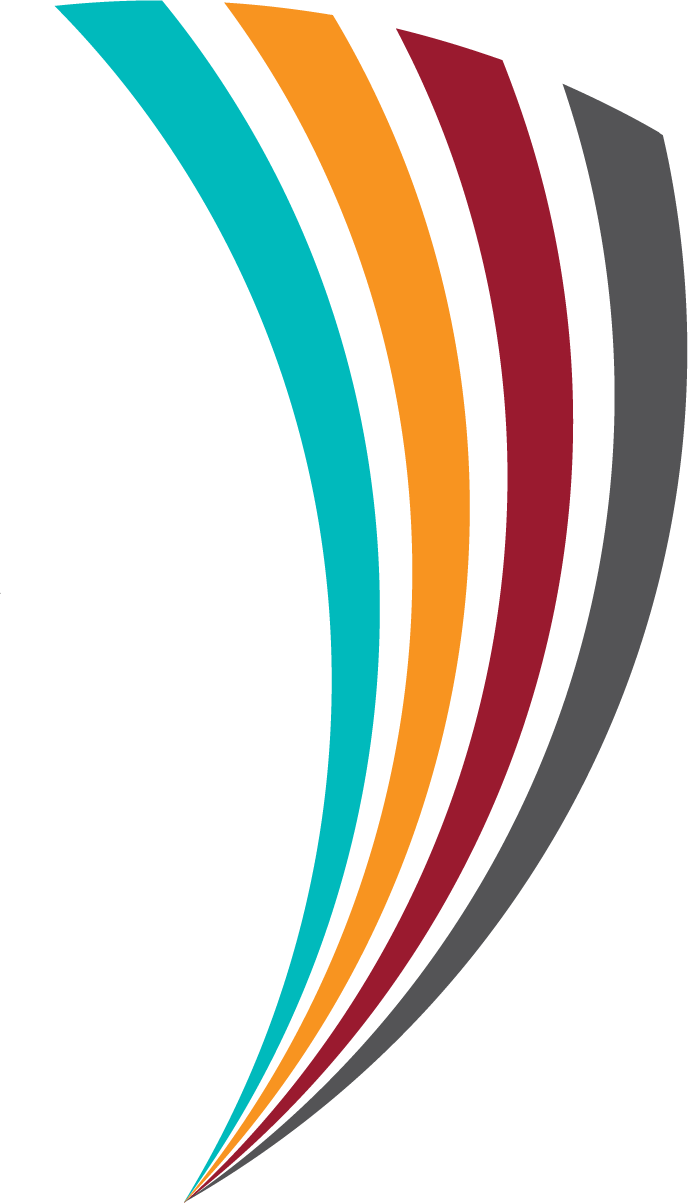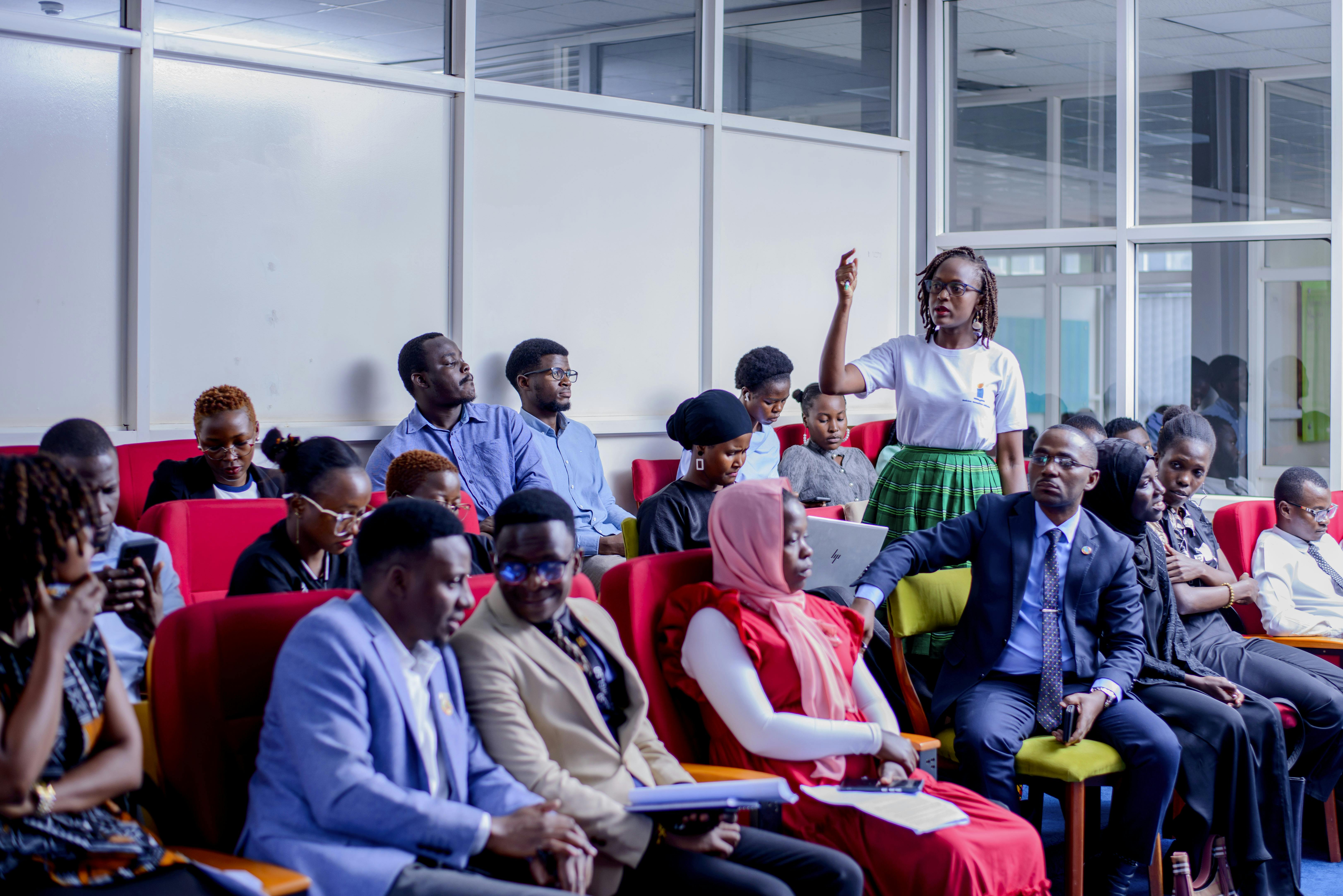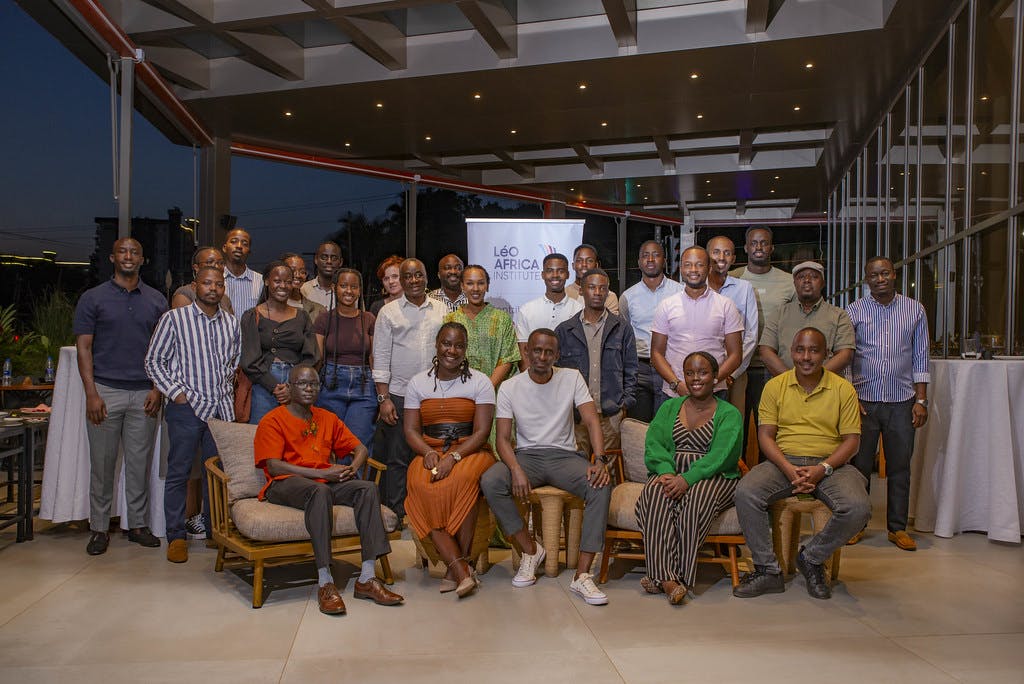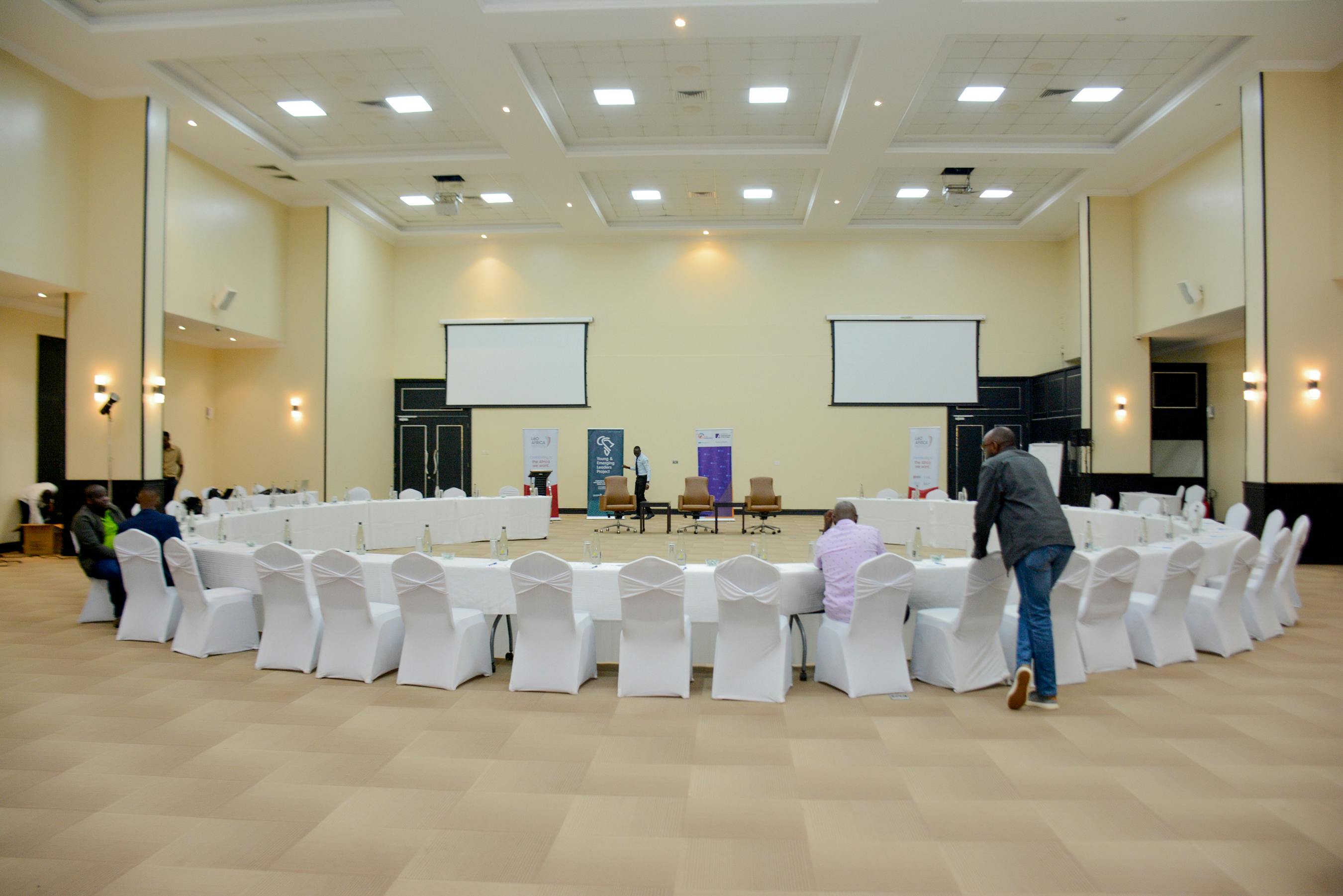On Saturday, August 9, 2025, the LéO Africa Institute hosted a dynamic virtual seminar that brought together fellows to explore the transformative power of storytelling in reshaping African identity and fostering leadership. The session emphasized the institute’s mission to counter stereotypes, build platforms for African leaders, and cultivate a community of ethical changemakers. With engaging discussions, personal reflections, and insights from seasoned storytellers, the seminar inspired participants to harness storytelling as a tool for connection, influence, and societal change.
Redefining African Identity Through Storytelling
Awel Uwihanganye opened the seminar by underscoring the critical role of storytelling in challenging historical stereotypes rooted in slavery and colonialism. He outlined three foundational pillars of the LéO Africa Institute:
a) Raising Awareness of African Identity: Promoting authentic narratives to counter misperceptions.
b) Creating Platforms for African Leaders: Facilitating global conversations to influence policy and perceptions.
c) Building a Community of Ethical Leaders: Fostering a network dedicated to societal advancement.
Awel emphasized that storytelling is not just about sharing experiences but about shaping perceptions and forging connections. “Our stories define who we are and how the world sees us,” he said, urging fellows to embrace their narratives to drive change.
Personal Check-In: Fostering Connection and Vulnerability
A highlight of the seminar was the personal check-in session, where fellows reflected on the poem Not Here by Rumi and shared updates on their lives. This exercise created a supportive environment, encouraging vulnerability and authenticity. One participant discussed her responsibilities as a caregiver and her acceptance into two MBA program, expressed both triumphs and challenges, such as navigating visa application hurdles. Another, joining from Bangkok, shared her experience at an international conference and her struggles with imposter syndrome. A fellow who is also a new father, celebrated professional successes, while another reflected on job redundancy and personal growth.

Other fellows opened up about their professional milestones and personal challenges, from completing projects to grappling with academic doubts. These candid exchanges fostered solidarity and reinforced the theme of human connection as a cornerstone of leadership.
Insights from Industry Leaders
The seminar featured compelling contributions from Angelo Izama and Abaas Mpindi, who highlighted the evolving craft of storytelling. Izama, a seasoned journalist, emphasized the power of words to convey truth and shape narratives about Africa. He encouraged fellows to view storytelling as a lifelong learning process, urging them to use it to amplify authentic voices. Mpindi shared his journey in building a network of young journalists through the Young Emerging Leaders program, illustrating how community engagement can create a humane and healthy media ecosystem. His warm-up session on the theme “We Are the Ones,” inspired by President Barack Obama’s call to be the change, resonated deeply, with fellows like Lutgard Musiime and Nabaggala Resty linking it to personal responsibility and empowerment.

Interactive Engagement and Networking
The seminar’s interactive format strengthened connections among fellows. Alé Hahn addressed questions about collaboration between the LéO Africa Institute and Konrad Adenauer Stiftung (KAS), highlighting upcoming networking events to unite different fellowship cohorts. A fun group photo moment, suggested by Awel, added a lighthearted touch, while exercises like articulating a tongue twister together reinforced the theme of collective action.
Fellows like Mohamed Alaa Eldin, who won first place for his research on climate finance, and Loise Machira, who advocated for disruptive change in storytelling, shared their enthusiasm for the fellowship’s opportunities. Chelsea Olga and Patience Naamanya reflected on their transitions into new roles and the importance of policy reform, underscoring the seminar’s focus on personal agency and societal impact.
A Call to Action
The LéO Africa Institute’s virtual seminar was a powerful reminder of the role storytelling plays in shaping African identity and leadership. By fostering vulnerability, encouraging collaboration, and amplifying authentic narratives, the institute is empowering a new generation of leaders to redefine how Africa is perceived globally. As fellows continue to share their stories and build networks, they are poised to drive meaningful change in their communities and beyond.
